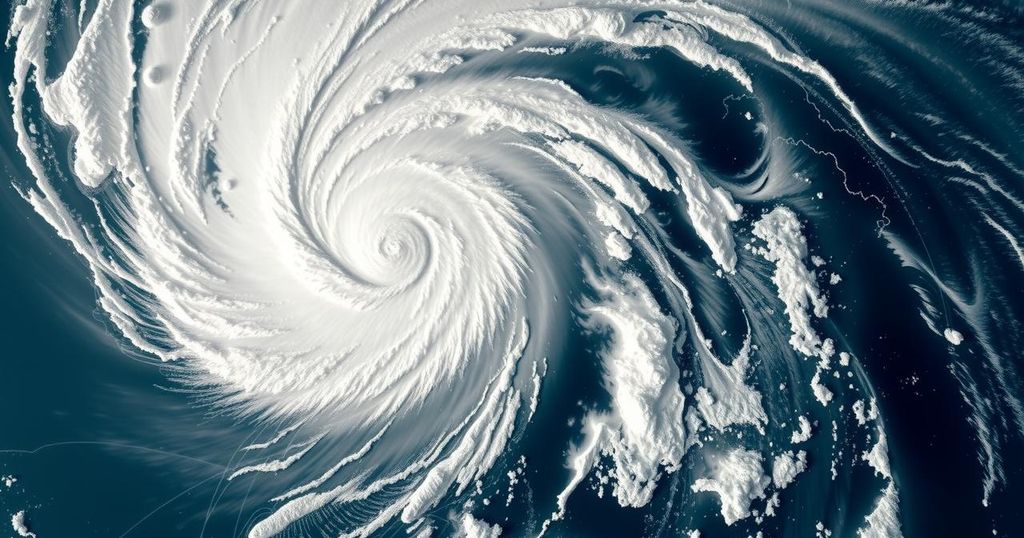Mayotte Faces New Cyclone Threats Following Recent Storm Devastation

Tropical Cyclone Dikeledi has caused extensive devastation in Madagascar and Mayotte, displacing thousands and resulting in multiple fatalities. Following closely after Cyclone Chido, which caused major damage and loss of life, the region faces ongoing severe weather conditions. Humanitarian efforts are being implemented, but the need for resilient response strategies remains critical as weather patterns intensify in these fragile communities.
Tropical Cyclone Dikeledi has wreaked havoc across the Indian Ocean islands as it made its way from Madagascar towards the African mainland. As of January 12, at least three lives have been lost in Madagascar due to the cyclone’s relentless rains and floods. The cyclone, which formed earlier in January, intensified upon striking northern Madagascar, displacing over 15,000 individuals according to a European Civil Protection and Humanitarian Aid Operations report.
Mayotte, an island territory battered by Cyclone Chido less than a month ago, experienced severe weather consequences including substantial rainfall, strong winds, flash flooding, and landslides. The recent calamity led to the evacuation of approximately 20,000 residents. In Mbouini, a village that had hitherto escaped significant damage, flooding occurred again, traumatizing the locals. Manuel Valls, the French Minister for Overseas Territories, noted the extreme impact of the storm in Mayotte.
Despite Dikeledi’s slight weakening upon reaching the archipelago, local authorities reported ongoing strong winds and rains. François-Xavier Bieuville, the prefect of Mayotte, emphasized the fragile state of the territory as it continues to face severe weather conditions. Predictions indicate that Dikeledi may gain strength and continue to pose risks to Madagascar, Mozambique, and the surrounding regions in the coming days.
In the wake of Cyclone Chido, which was the most severe cyclone to strike Mayotte in nearly a century, more than 120 lives were lost in Mozambique alongside 36 fatalities in Mayotte. Humanitarian efforts are already underway in Madagascar, with emergency stocks and assistance being distributed to households affected by the storms.
Given the frequency and intensity of cyclones impacting these regions, the vulnerability of the residents, mostly living in poorly constructed shantytowns, underscores the urgent need for comprehensive disaster preparedness and response mechanisms.
The recent impact of Cyclone Dikeledi on Mayotte and Madagascar highlights the ongoing challenges faced by island nations in the Indian Ocean, particularly in the face of climate change and extreme weather events. Mayotte has been subjected to back-to-back cyclones, exacerbating humanitarian needs as residents grapple with displacement and infrastructure damage. Previous cyclones, including the deadly Cyclone Chido, have resulted in significant loss of life and property, stressing the fragility of communities that primarily inhabit informal settlements. These recurrent natural disasters necessitate a robust response from both local and international humanitarian organizations to address immediate needs as well as future resilience planning.
In summary, Cyclone Dikeledi has further devastated communities already reeling from previous storms, highlighting the urgent humanitarian crisis in Mayotte and Madagascar. With significant numbers of displaced individuals and rampant infrastructure damage, there is an immediate need for ongoing support and effective disaster response initiatives to alleviate the situation. As climate-related events become increasingly frequent in the region, the establishment of preventative measures and resilient infrastructures will be pivotal in protecting vulnerable populations from future disasters.
Original Source: news.mongabay.com








